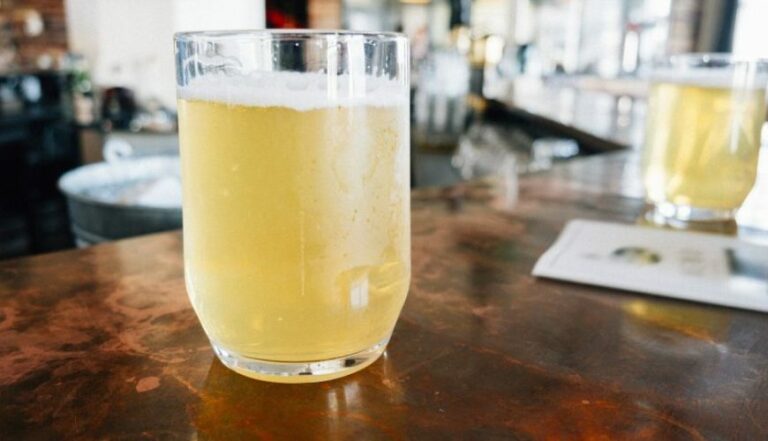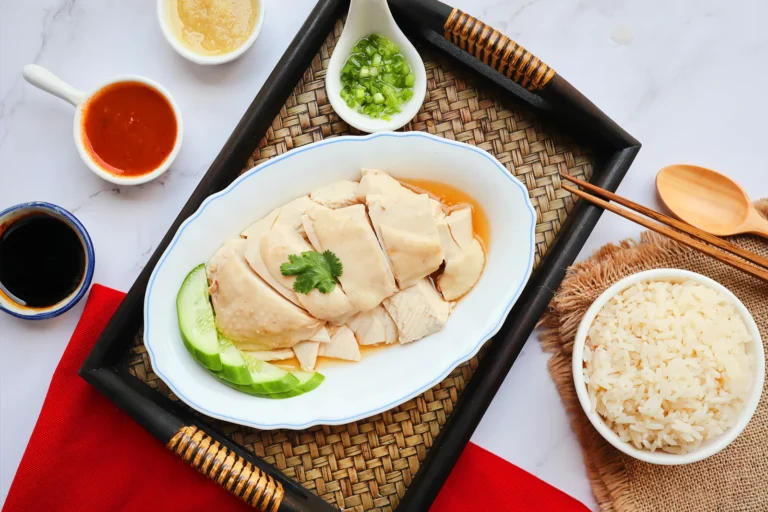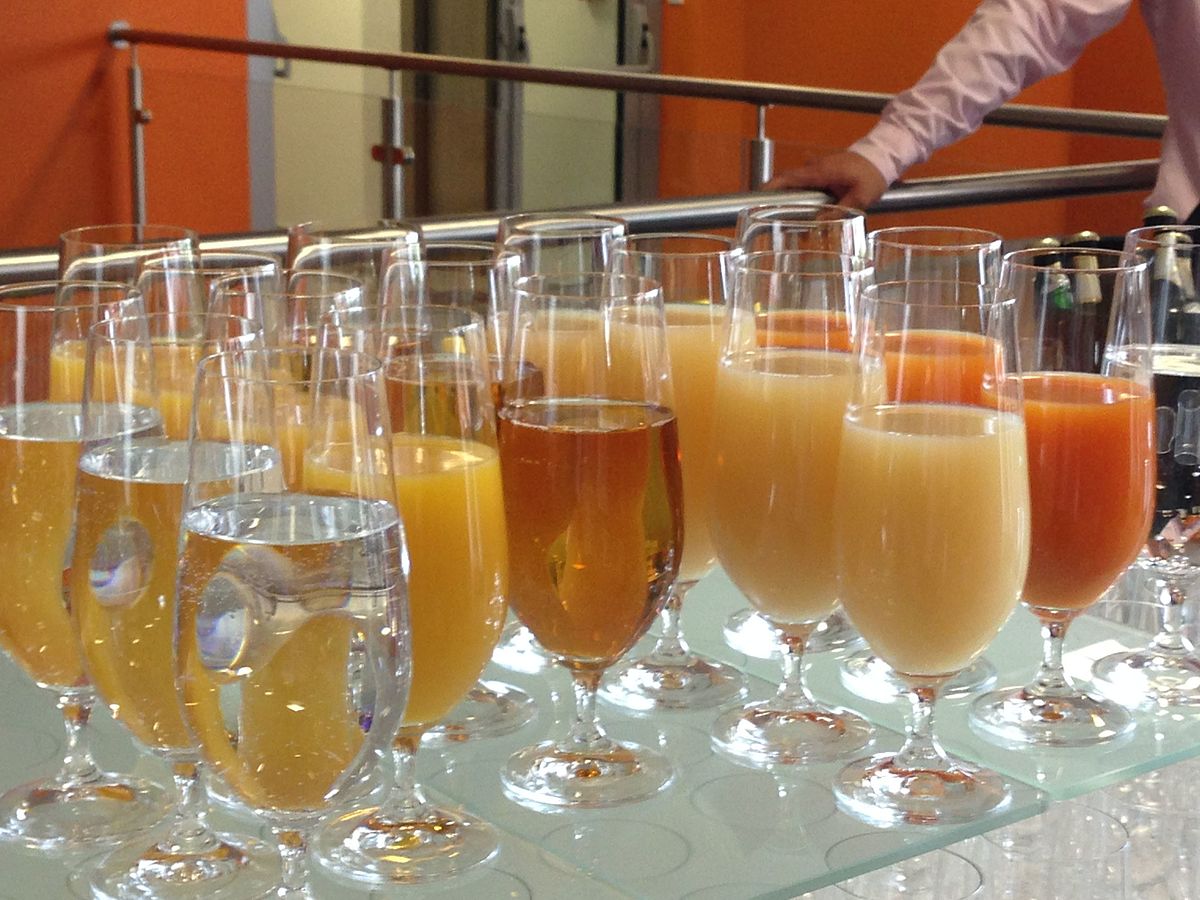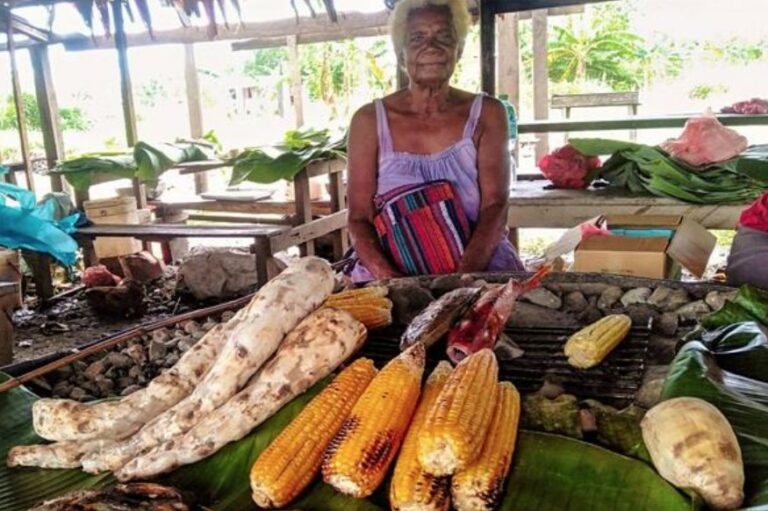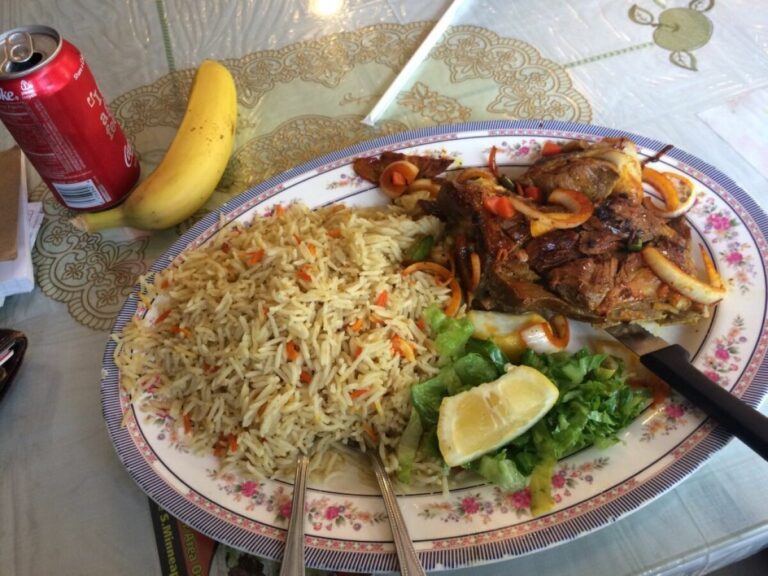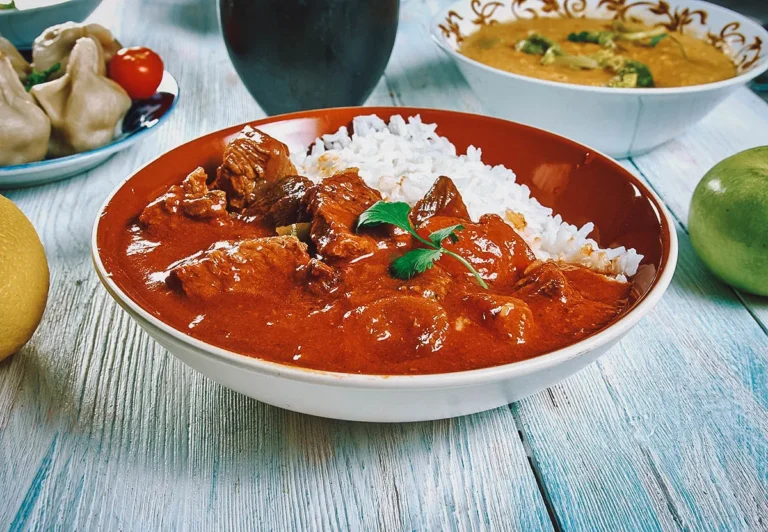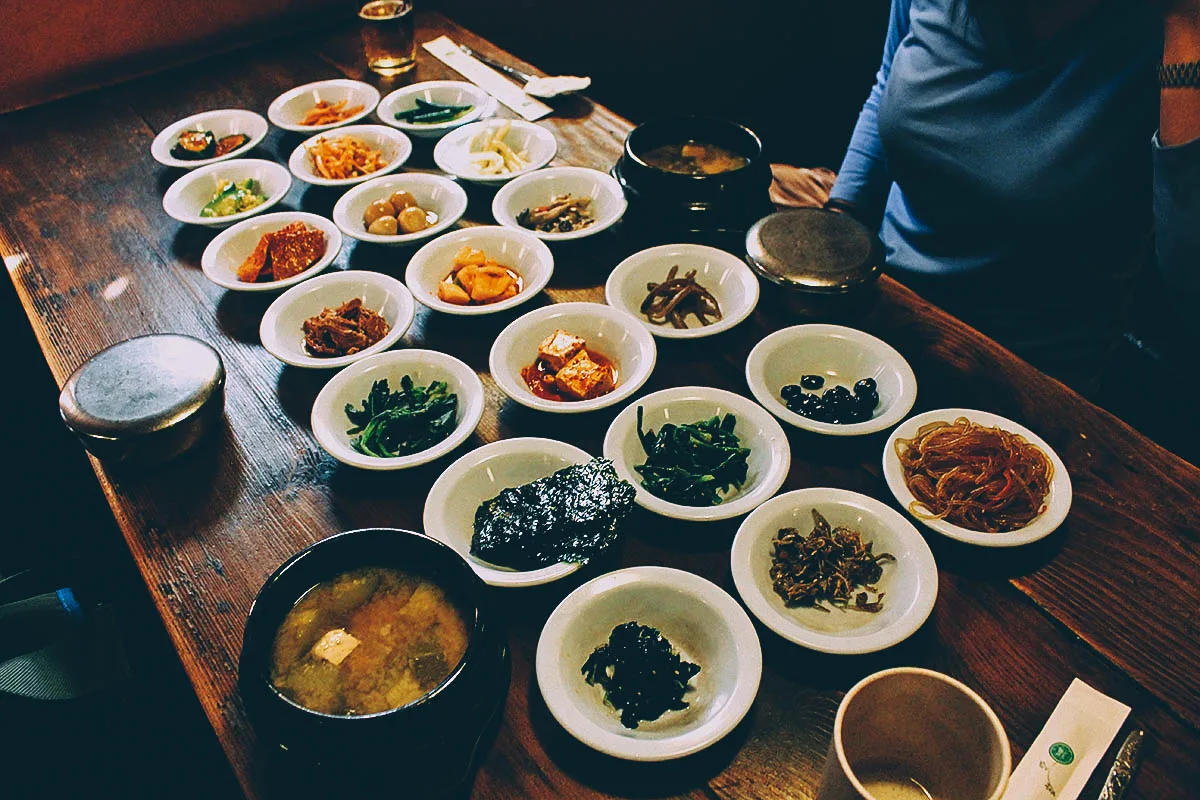Introduction: Exploring the Serbian Drinking Culture
Serbia’s drinking culture is rich and diverse. Whether you’re looking for a strong spirit to warm you up in the wintertime or a refreshing beer to cool you down in the summertime, Serbia has something to offer. The country’s drinking culture is deeply rooted in tradition and history, with many of its beverages dating back centuries.
Rakija: The Iconic & Strong Serbian Spirit
Rakija is the most iconic and perhaps the most popular spirit in Serbia. It’s a potent drink made from fermented fruit, typically plums, and has an alcohol content of around 40-50%. Rakija is usually homemade, and every family has their own recipe. It’s usually served as an aperitif or a digestive, and it’s a common sight at family gatherings, celebrations, and festivals. If you’re looking for an authentic Serbian experience, you can’t go wrong with a shot of rakija.
Šljivovica: A Plum Brandy with a Rich History
Šljivovica is a type of rakija made from plums and is considered to be Serbia’s national drink. It has a long history, dating back to the 14th century, and is still popular today. Šljivovica is a smooth and fruity brandy with a distinct aroma and flavor. It’s a potent drink, with an alcohol content of around 40-50%, and is usually served in small glasses. Šljivovica is a great way to experience Serbia’s rich drinking culture and learn about the country’s history.
Medovina: A Sweet and Warming Mead
Medovina, also known as honey wine, is a sweet and warming drink made from fermented honey. It’s a traditional drink in Serbia and is usually served warm in the wintertime. Medovina has a rich and complex flavor, with notes of honey, spices, and fruit. It’s a great alternative to rakija if you’re looking for something a little less strong. Medovina is a great way to warm up on a cold winter’s day and experience Serbia’s traditional drinking culture.
Jelen Pivo: A Refreshing Beer with a Local Flavour
Jelen Pivo is a popular beer in Serbia, and it’s brewed locally in the country. It’s a refreshing and easy-to-drink beer with a light flavor and a hint of bitterness. Jelen Pivo is a great way to cool down on a hot summer’s day and experience Serbia’s local drinking culture. It’s available in most bars and restaurants in Serbia, and it’s a popular choice among locals and tourists alike.
Kafa: The Beloved Serbian Coffee Culture
Serbia has a strong coffee culture, and it’s a beloved part of the country’s drinking culture. Kafa, or coffee, is usually served strong and black, and it’s a common sight in cafes and restaurants across Serbia. It’s a great way to start your day or take a break from sightseeing and enjoy the local culture. Serbian coffee is usually served with a small glass of water, and it’s customary to drink the water first to cleanse your palate. If you’re looking for an authentic Serbian experience, you can’t miss out on trying the local coffee.



